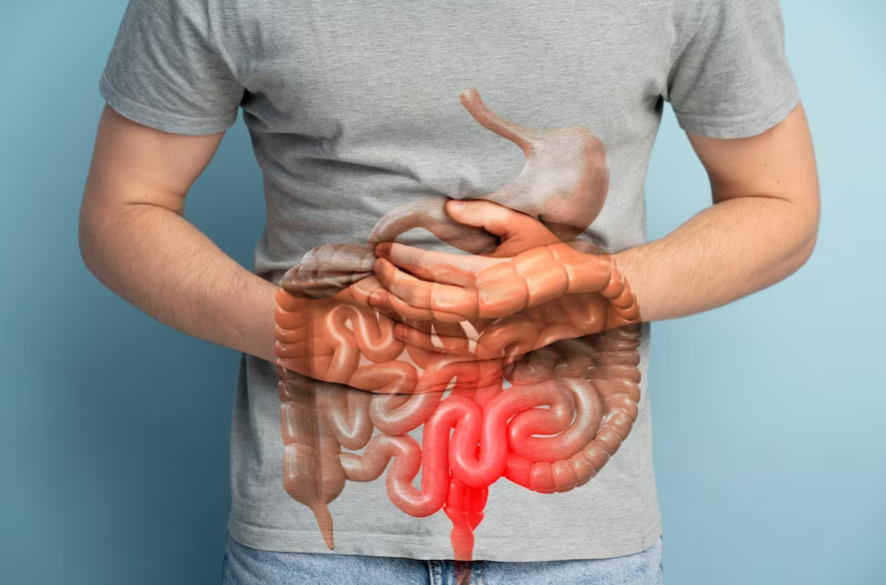Struggling With Constipation?
Constipation is not merely an unpleasant situation – it can also indicate that you have underlying digestive or liver-related problems. In case you have infrequent bowel movements, abdominal distension, or excessive straining during defecation, it is the right time to consult a specialist. If you are looking for a definitive diagnosis and comprehensive constipation treatment in Janakpuri, constipation treatment in Uttam Nagar, or constipation treatment in Vikaspuri, Dr Sawan Bopanna provides specialised care. Chronic constipation is the primary focus of the diagnosis and treatment that Dr Sawan Bopanna provides, especially in a situation where it is conditioned by liver dysfunction, gut motility disorders, or medication side effects.
